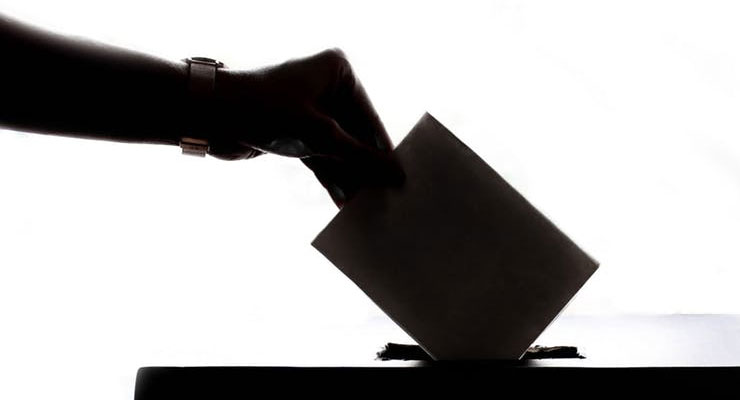 This article by Geoffrey Skelley is published by Five Thirty Eight. Here is an excerpt:
This article by Geoffrey Skelley is published by Five Thirty Eight. Here is an excerpt:
Republican candidates around the country are trying to win over former President Donald Trump’s supporters before the 2022 midterm elections, so it’s no surprise that many are choosing to go all in on the false claim that the 2020 election was stolen from him. The idea is that by embracing this lie, they might boost their electoral chances; it’s one reason many GOP lawmakers haven’t disputed this falsehood.1
This extreme jockeying would seem to support the argument that our primary elections greatly contribute to the increased polarization and conflict we see in our politics. Yet, as a report from the think tank New America by FiveThirtyEight contributor Lee Drutman details, primaries are not really a major catalyst for why Congress is so polarized — thus, changing how primaries work may not actually do that much to fix the problem.
Incumbent politicians have moved further toward the political extremes in recent elections partly because they are worried about a primary challenge. But studies suggest that the primary electorate itself isn’t any more ideologically extreme than the general electorate. Rather, the bigger problem is the decline in competitive congressional districts. Only about 1 in 6 congressional districts were “swingy” in the 2020 general election, compared with roughly 2 in 5 in 2000.
Read the full article here. Also see related Democracy Chronicles articles like those on Voting Methods, Direct Democracy, and definitely check out our main Voting Methods section.
Leave a Reply